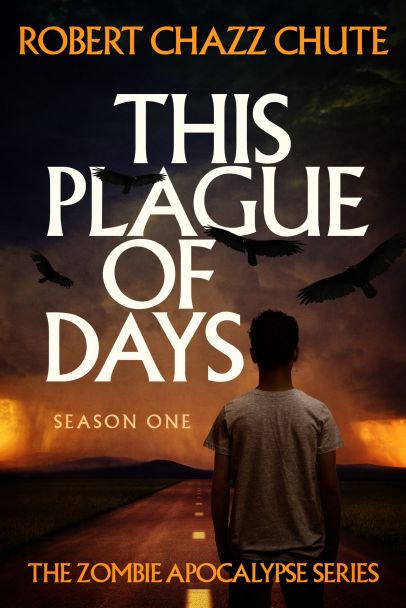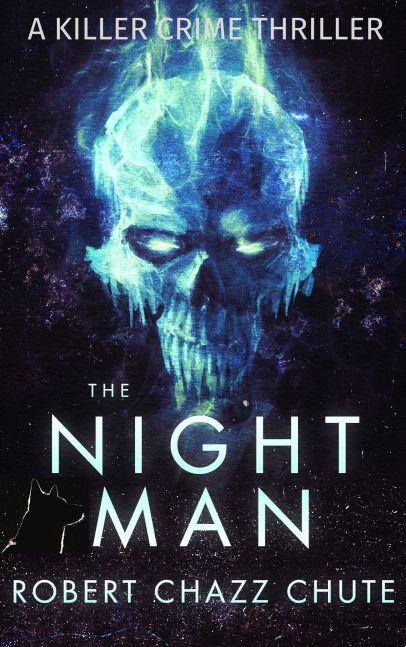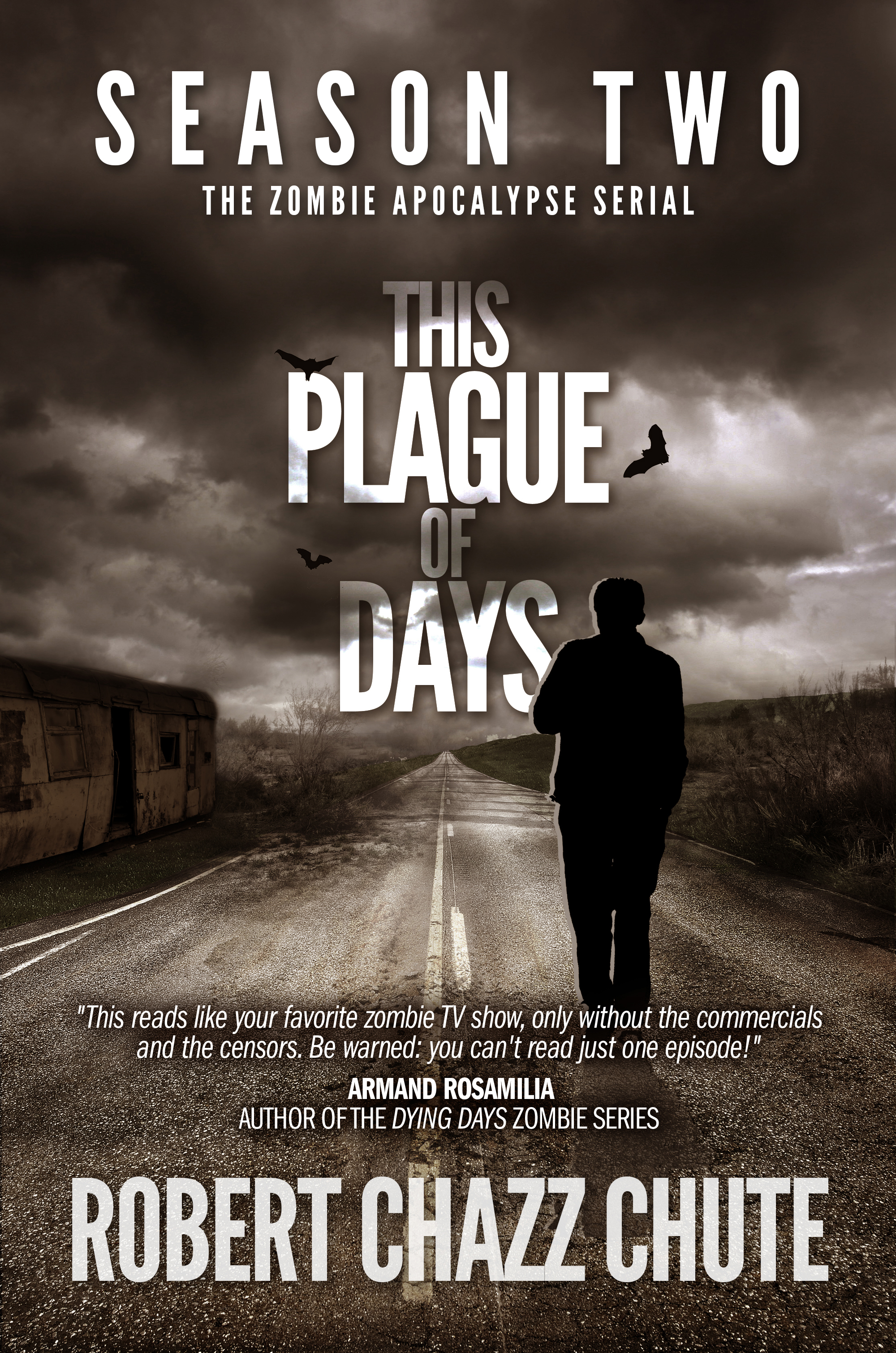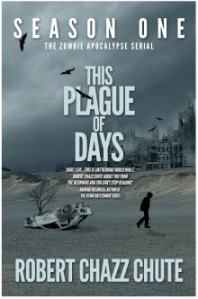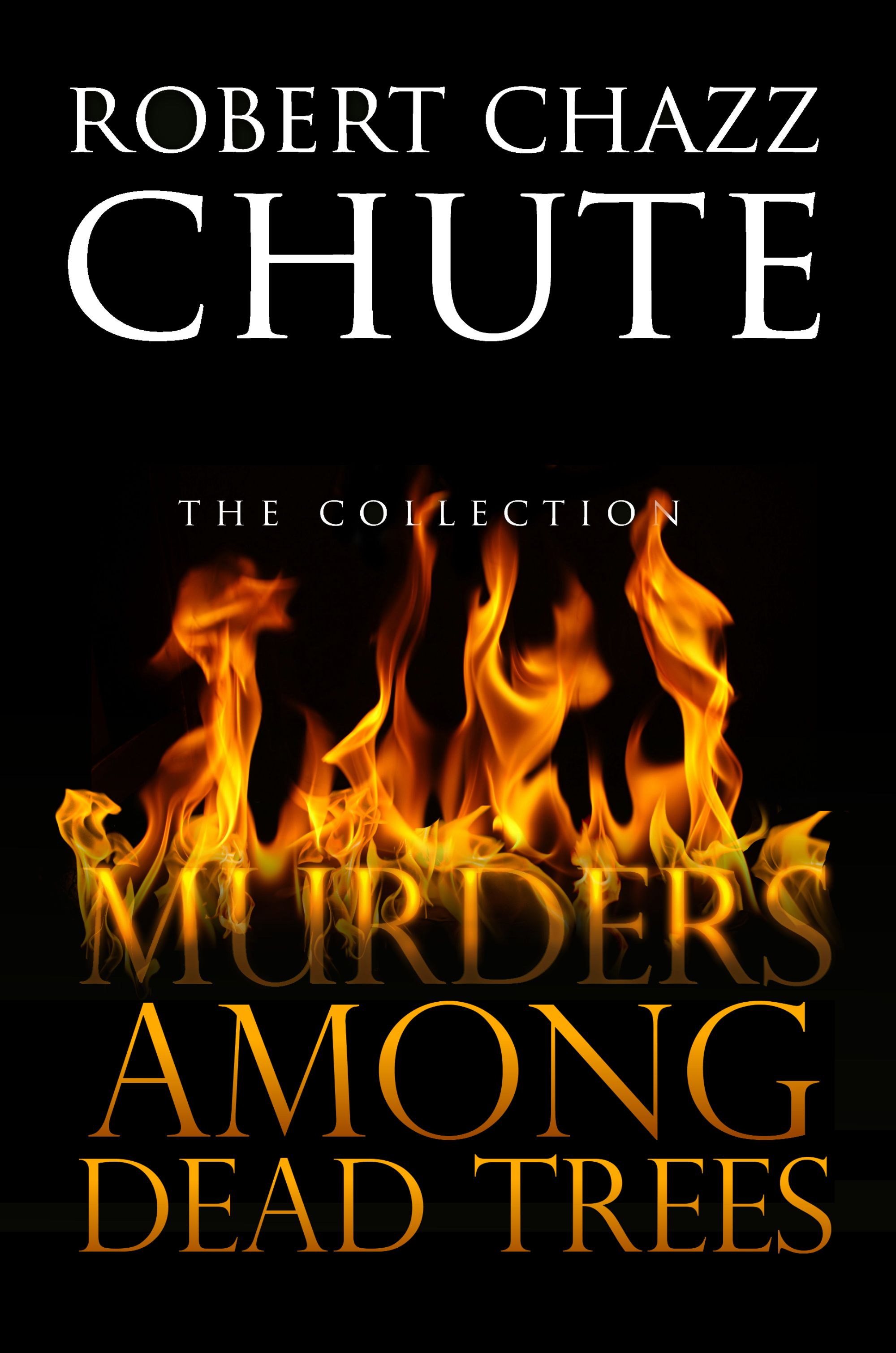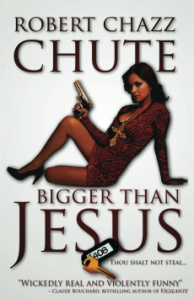Have you gathered all your tax receipts yet? I recorded all my expenditures as I made them in 2021, so this should be the easiest tax prep yet. Last year, we had to chase our accountant to do his job, but that’s a long story about frustration. Short story: We’re getting a new accountant.
Today’s brief post isn’t really about taxes. It’s about what we don’t know. I’ve always used an accountant because tax law is far too complicated (by design, depending on where you live). For instance, I don’t know what the latest mileage allowance is. I could look it up, but what about the deductions or pitfalls I might miss? Hiring a professional eases my mind because I don’t know what I don’t know. There’s no shame in ignorance as long as you learn or compensate.
We don’t know what we don’t know.
When you’re outsourcing work for your writing business, keep that adage in mind. My editor is far more versed in the many subtle nuances of comma placement. She’s taught me a few things (which I promptly forgot). Instead of trying to know everything, I rely on her encyclopedic knowledge of The Chicago Manual of Style. She knows her stuff inside and out and having her on my side eases my stress.
(FYI: Looking for a great editor? Email Gari at editor@strawnediting.com.)
It’s a popular (and damaging) myth that self-publishers do it all themselves. For many of us, our editorial pipeline resembles what you might expect of a traditional publisher. With the use of beta reading teams, some authors’ editorial process is superior to trad pubs. This is especially true after all the cuts to editorial budgets among traditional publishers.
Some readers and writers are stuck in the inertia of old biases. Detecting our own ignorance is the beginning of wisdom.
What work do you outsource?
~ I’m Robert Chazz Chute. I write apocalyptic epics with heart and killer crime thrillers with muscle. Find links to all my books at AllThatChazz.com.
Filed under: publishing, books, editing, editors, how to find a good editor, outsourcing, publishing, publishing process, Robert Chazz Chute, self-publishing, writer, writing









